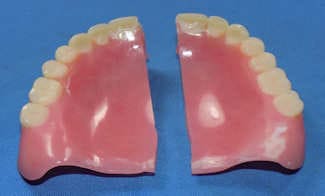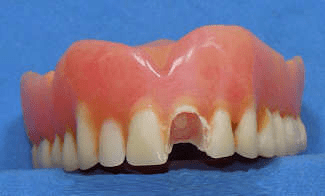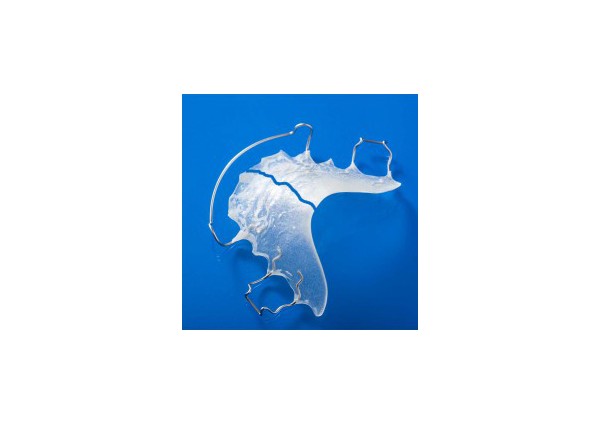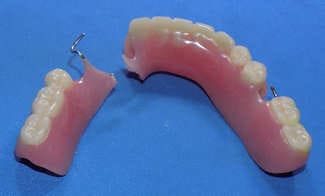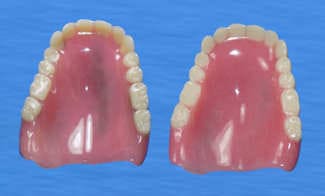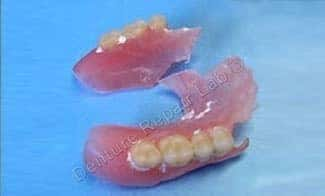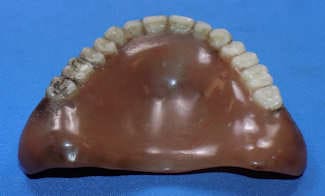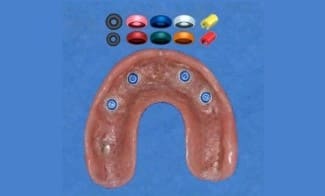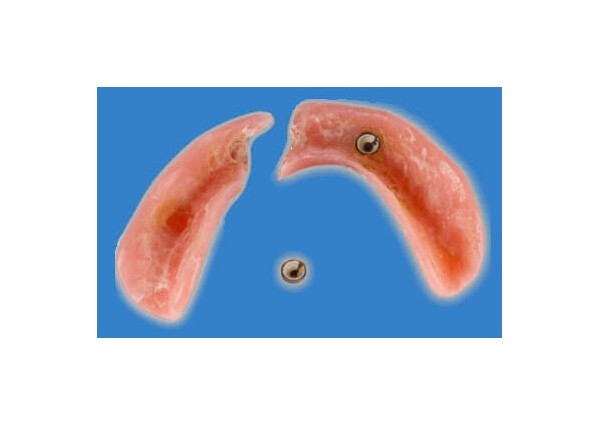Should I Use a Denture Adhesive?
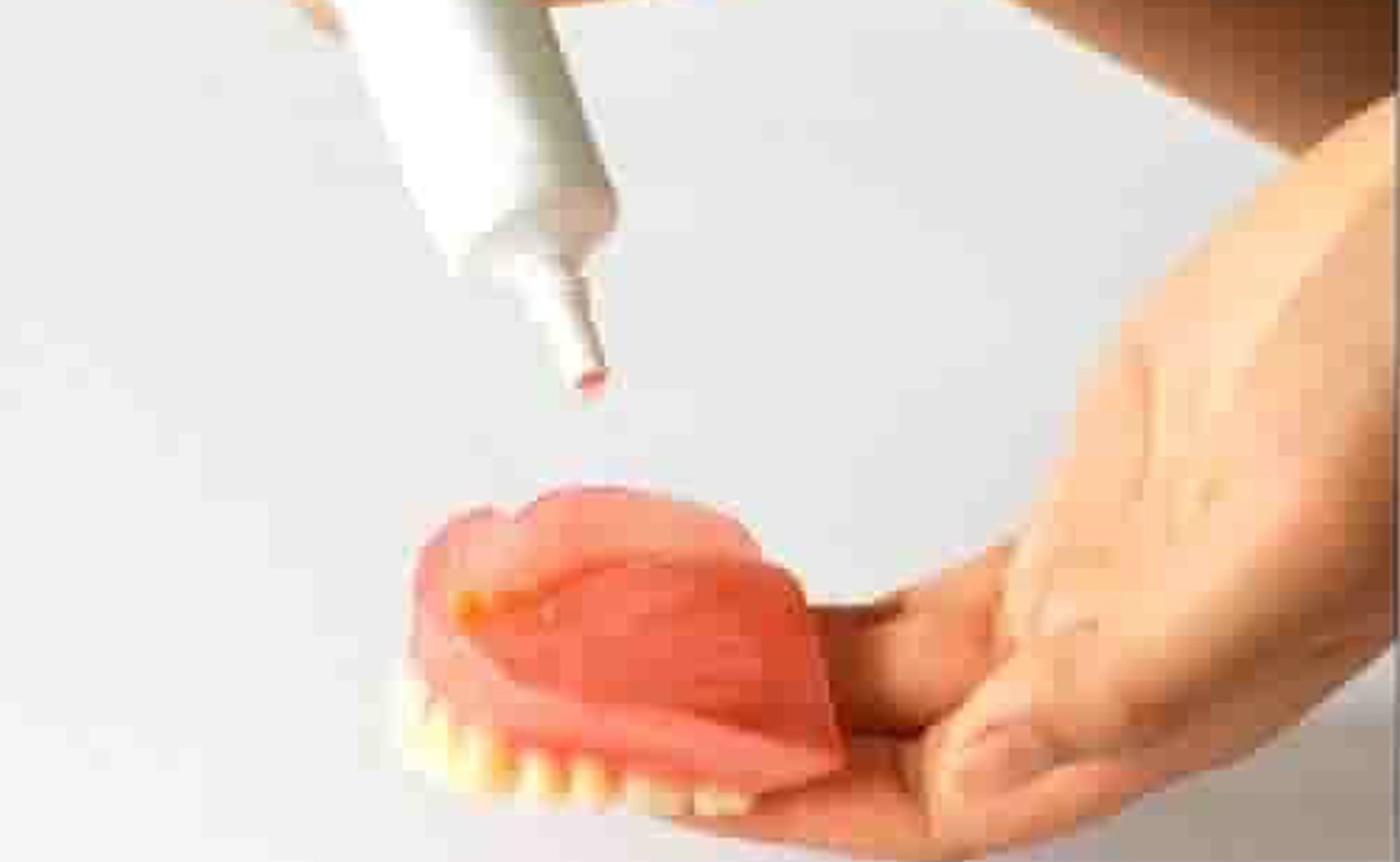
The question of whether or not to use a dental adhesive can be confusing, especially for new denture wearers. Television ads imply that all denture wearers should use adhesives, but your dentist may disagree. So, do you or don’t you need adhesive?
Actually, it’s simpler than it seems. People who are new to wearing dentures may find it difficult to get used to them at first. Even if the denture is well-fitting, it can take time to develop trust that the dentures will stay put. If you’re worried about your dentures slipping, shifting or coming loose, using adhesive may help you feel more confident.
However, adhesive should never be used to try to compensate for badly-fitting dentures. Dentures that don’t fit right may cause sores to the gums and lead to more problems. Well-fitting dentures should have a good seal and stay in place without adhesive. If your dentures don’t stay in place without adhesive, consult your dentist. They may need to be relined.
Although well-fitting dentures will stay in place by themselves, adhesive may improve stability and bite force. Also, dry mouth interferes with denture adherence. Those who have dry mouth, such as people taking cold medications, those with neurologic disabilities and the elderly, may find adhesive useful. Lastly, if you are a public speaker, a musician or someone who puts greater demands on their mouth and facial muscles, you may opt for an adhesive for added security.
If your dentures fit well but you prefer the added security of adhesive, you have a choice of powdered or paste adhesives. Powders change the bite less and are easier to clean off than paste. Make sure your dentures are clean and dry when you apply adhesive. Whether using powder or paste, use only a small amount – less than you think you need at first. When you take out your dentures, be sure to remove the adhesive and clean them thoroughly. If for some reason you’re having difficulty maintaining a high standard of oral hygiene, stop using adhesives until you can return to your correct oral hygiene practices.
Dentures should be checked by your dentist about every six months. If your dentures started out fine but later developed fit problems, see your dentist instead of just using adhesive. Remember, gum tissue and your jawbone can shift, shrink and deteriorate over time, so it’s important to visit your dentist regularly to assess the fit and condition of your dentures. With proper care, your dentures will look and feel natural, last for years and allow you to smile, laugh, eat and talk just as you always have.

